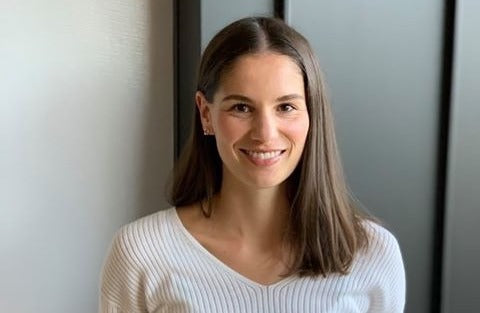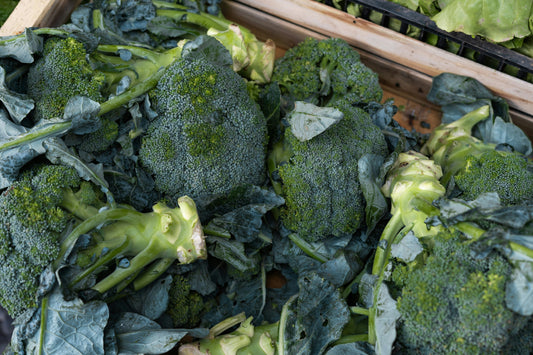How to feel comfortable engaging with the outside world while social distancing.
The past week has shaken-up the way we interact with those in our community. In New Zealand, social distancing has instated a two metre radius between us and those outside of our isolation ‘bubble’. The spatial implications of this are very visible but the psychological impacts may be less so. How does this reshape our relationship with others on a deeper level?
Our behaviour exists in a reciprocal relationship with our thoughts and feelings. Change one and you inevitably change the others. At the sight of another person on your morning walk, you are now cued to take action to avoid them, perhaps stepping off the footpath onto the empty road. You may have already started to notice how this changes the way you think and feel.
Avoidance is an action which we are programmed at a primal level to associate with fear. Avoiding dangerous predators and situations ensured our survival as a species over time. Therefore, by avoiding others, you may be subconsciously telling yourself that they represent danger and threat. This can precipitate subtle physiological shifts: Tightness in the chest, muscles tensing up, heart rate quickening. You may feel anxious. The unpleasant nature of these sensations can drive further avoidance, creating a feedback loop of fear and withdrawal from the outside world. Individuals who have a history of social anxiety may be more primed to slip into this cycle; with old patterns of anxious thoughts and behaviours reactivated.
There are a few simple strategies you can use to buffer against this cycle. These will help you to maintain a positive perception of others and keep engaging with the outside world.
-
Exhale: When approaching others, counter any physical tension with a big breathe out. Deep breathing activates the parasympathetic nervous system, lowering your heart rate and your blood pressure.
-
Opposite action: By acting in a manner opposite to avoidance, you signal to yourself that you are safe. While you must maintain a two metre physical distance, you can engage in other simple ‘approach’ behaviours when passing others including a smile or “hello”.
-
De-personalise: Consistently remind yourself that the two metre radius does not reflect on any particular individual, nor is their avoidance of you personal. We are all in this together. See our physical avoidance of each other as acts of kindness and respect.
As with all of the changes in our current social environment, observe the impacts of social distancing with curiosity. This presents an opportunity to increase your psychological flexibility and add some new coping skills to the toolkit. However if you are struggling to cope with the effects of change, you may benefit from some more individualised support. Reach out to a mental health professional to make an online appointment.
Take care,
Sophie Muir
Dr Sophie Muir is a Clinical Psychologist experienced in treating a range of psychological difficulties including anxiety, depression, anger, relationship difficulties, sexual identity, and low self-esteem. She enjoys helping clients to cope with distress, find meaning within challenging life circumstances and explore how to more closely live in line with their values and goals. Sophie is available for appointments in Takapuna or digitally during the Covid-19 lockdown. Read more about her services at www.drsophiemuir.com




